
Benign swellings that develop on inflamed tissuelining of the nose are usually known as polyps. Initially, they have a tendency to betear-drop shaped, but later these areas round up, into more grape-like shapes.These growths are very frequent in appearance andcan affect anyone. On the other hand, it is more common disease in men than inwomen. People above forty years may be at higher risk.Nasal polyps develop on their own or in clusters, and usually affect both nostrils.The presence of polyps can cause blockage in therespiratory passages.
The person may have difficulty identifying odorsbecause polyps affect the sense of smell. Other symptoms which may occur are a runny nose,facial pain or headache, postnasal drip, double vision, temporary absence ofbreathing or apnea.Surgical removal of nasal polyps is usuallyperformed, but the polyps grown in the nasal cavity tend to recur after some timehas passed. Nasal polyps are common and benign.Nasal polyps are more usual in people with asthma,allergic rhinitis, or rhinitis caused by emotional disturbance.
Diagnose is based on patients answers aboutquestions and the examination of patient’s nose. Other diagnostic tests are:computerized tomography (CT) scan, nasal endoscopy, allergy tests and tests forcystic fibrosis.Beside surgical procedure which is very common inremoving nasal polyps, there are non-surgical treatments.Non-surgical treatments involve steroid sprays anddrops, or steroid tablets.Herbal remedies can be used as a matter of usualpractice to strengthen the immune system and these will give a notable supportto the body in resisting the appearance of disease.The patient takes herbs in the form of tea or oil.Herbs used to treat nasal polyps are bayberry (astringent, anti-inflammatoryand anti-bacterial), castor (immune stimulant), golden seal (coolingastringent, encourages regeneration of the mucous membrane).Apart from the previous, there are other healingherbs like thuja, bistort, and bloodroot.Althaea officinalis or Marshmallow is often usedas a medical plant. The roots of althaea officinalis, as well as the leaves andflowers, have medicinal properties.These herbal remedies are rich sources for usefulcompounds such as the beta-carotene.They are also rich in many of the enzymes which weneed for a strong immune system.Vitamins A, C, E and beta-carotene speed up curingof the mucous membranes and prevent infection and allergies. One more efficacious nasal rinse is a pinch eachof sodium bicarbonate (baking soda) and salt in ½ glass warm water.





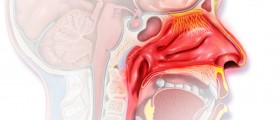

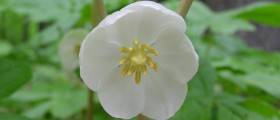
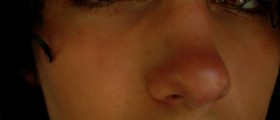



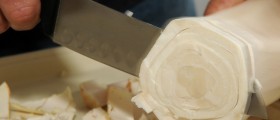
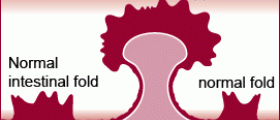

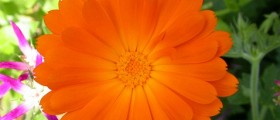
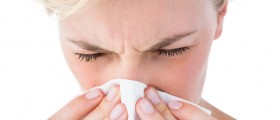
Your thoughts on this
Loading...